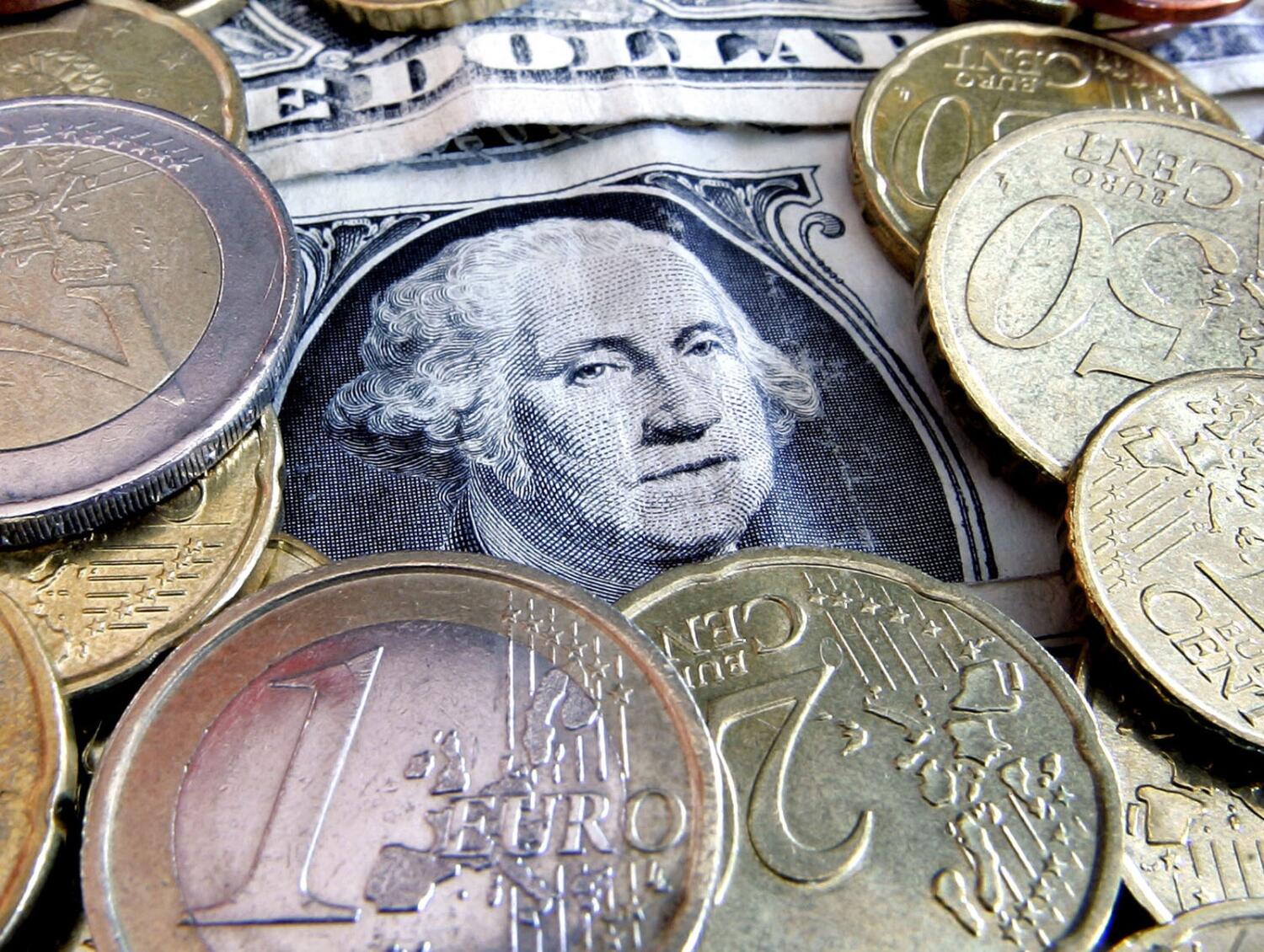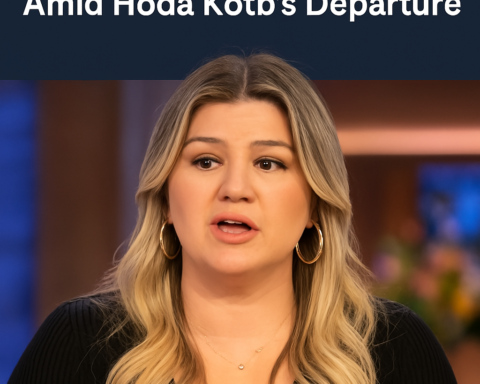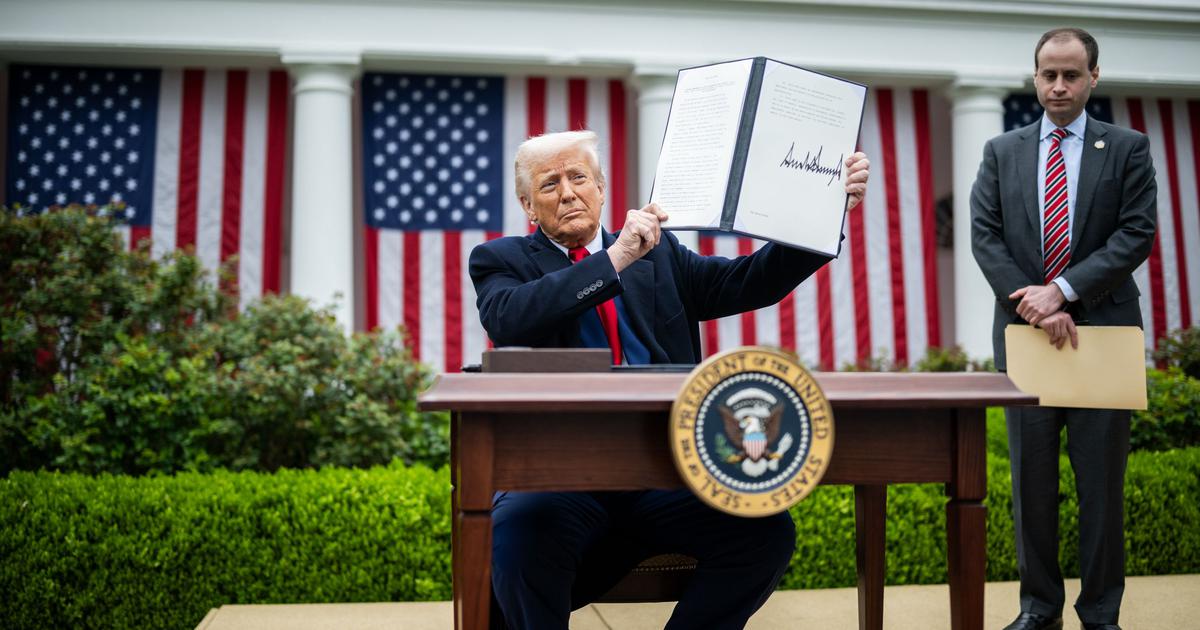Geopolitical Tensions and Oil Price Fluctuations Have Indirectly Affected GCC Economies with Short-Lived Consequences
The ongoing Israel-Hamas war, which has recently expanded to Lebanon and Iran, has resulted in significant human suffering and economic turmoil. However, Jihad Azour, the Middle East and Central Asia director at the International Monetary Fund (IMF), stated that the Gulf Cooperation Council (GCC) region has experienced limited indirect impacts from this geopolitical conflict.
In an interview with Khaleej Times, Azour emphasized, “The regional conflicts pose risks to the outlook… For the first year of conflict, the GCC region has been indirectly affected with limited impact.” He outlined that affected areas include trade and tourism, oil and gas markets, financial flows, and general market behavior, though he noted the effects have been short-lived.
As the war has continued for a year, resulting in massive losses of life and property, the indirect benefits to oil-producing countries in the GCC have been notable. The conflict has led to higher oil prices, which has supported economic stability within the region. Furthermore, robust sovereign wealth funds and substantial growth in the non-oil sector have insulated the GCC economies from more severe repercussions.
Azour pointed out that while the region has generally shown resilience, countries affected by conflicts in the past have taken longer to recover. He highlighted that “ten years after the conflict, countries in the region still suffer from the scars of the conflict, with GDP per capita being 10 percent lower than before the conflict.”
The IMF’s regional outlook reflects the GCC’s commitment to economic reforms despite ongoing challenges such as geoeconomic fragmentation. Azour noted that decisive policy implementations have bolstered investments and increased labor force participation. The non-oil sector’s economic activity has also helped mitigate declines in the oil sector across various GCC economies.
Looking ahead, non-oil growth in the GCC is projected to remain strong, with forecasts indicating growth rates of 3.7% in 2024 and 4% in 2025. This growth is partially attributed to continued diversification efforts, although economic reforms are expected to take time to show significant results.
Inflation rates in the GCC are anticipated to remain stable, with projections indicating headline inflation hovering around 2% in 2025 and over the medium term. However, with oil production facing a downturn this year and expectations for gradual price declines, current account balances for oil-exporting countries are likely to deteriorate in the coming years. The IMF forecasts a narrowing of the GCC’s current account surplus to approximately 2.5% of GDP over the medium term, a notable decrease from over 6.1% in 2024, reflecting a reduction of more than $63 billion compared to earlier estimates.

















